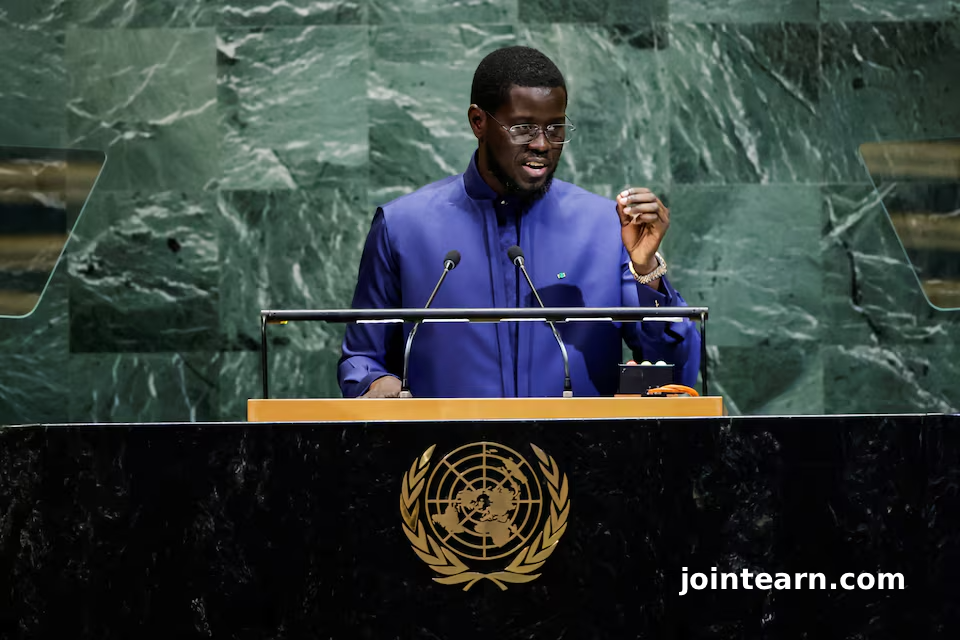
Senegal is facing a political standoff as President Bassirou Diomaye Faye and his own ruling party issue conflicting statements regarding the leadership of the governing coalition. The dispute has emerged at a critical moment, as the West African nation seeks to resume negotiations with the International Monetary Fund (IMF) following a suspension of financial support last year.
Political Rift and Leadership Dispute
President Faye and Prime Minister Ousmane Sonko, both from the Pastef party, have publicly dismissed rumors of a power struggle. However, recent appointments have sparked tensions within the ruling coalition.
- Faye appointed former Prime Minister Aminata Toure, a close ally, to lead the coalition supporting his presidential campaign.
- The Pastef party insists it will continue to recognize Aissatou Mbodj, an ally of Sonko, as the coalition leader.
This disagreement highlights internal dissension at the highest level and raises concerns about potential delays in Senegal’s critical debt negotiations.
IMF Negotiations and Debt Concerns
Senegal is attempting to negotiate a new lending program with the IMF after the Fund froze a $1.8 billion support package in 2024. The suspension followed revelations of hidden debts exceeding $11 billion, which the current government attributes to previous administrations.
Over the weekend, Sonko revealed that IMF officials were reportedly advocating for a restructuring of Senegal’s debt, a proposal the government has rejected. The announcement contributed to a sharp decline in Senegal’s international bonds, which fell over 3 cents to a new four-month low.
An IMF spokesperson clarified that the Fund has discussed various options to address Senegal’s debt vulnerabilities, emphasizing that any restructuring decision rests with the sovereign government.
Economic and Political Implications
The leadership clash and ongoing financial uncertainty have compounded investor concerns. Any delays or perceived discord in negotiations with the IMF could prolong Senegal’s economic challenges, particularly as the country seeks to restore international financial support and stabilize its public finances.
Analysts note that internal party disputes can amplify market volatility, making cohesive political messaging essential for maintaining confidence among foreign creditors and domestic investors.
“The conflicting statements over coalition leadership may signal deeper fissures within the ruling party, which could slow critical reforms and impact Senegal’s access to international funding,” said a regional political analyst.
Senegal’s leadership tensions underscore the fragility of political consensus in the midst of pressing economic negotiations and highlight the delicate balance between party politics and national financial priorities.


Leave a Reply